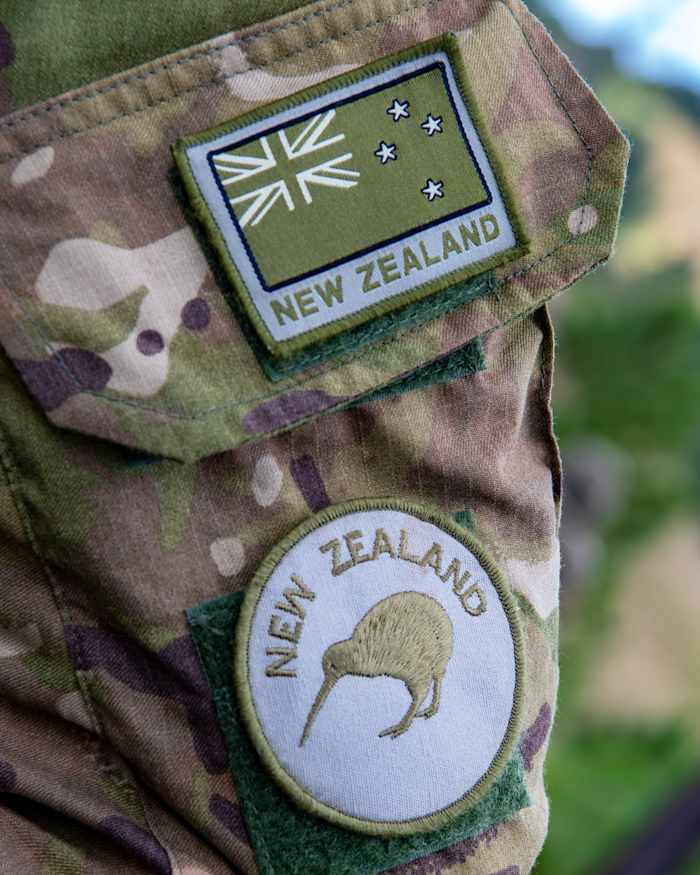Share this @internewscast.com

WELLINGTON – A New Zealand soldier who tried to spy for a foreign power has admitted to attempted espionage in a military court.
Monday marked a historic conviction as New Zealand saw its first-ever case of espionage. The identity of the soldier involved and the nation he attempted to leak information to have both been kept confidential.
According to military court documents, in 2019, the soldier believed he was communicating with a foreign intelligence agent. He endeavored to share sensitive military details, such as telephone directories, security assessments, personal identification and login credentials for a military network. The charge noted that his actions could have “jeopardized the security or defense of New Zealand.”
However, it turned out that his contact was not a foreign spy but an undercover New Zealand police officer gathering information on suspected right-wing extremist groups, as indicated by court documents.
This soldier came under the scrutiny of law enforcement following an operation initiated after the tragic events of March 2019. During this attack, an Australian white supremacist targeted two mosques in Christchurch, resulting in the tragic loss of 51 lives.
He was based at Linton Military Camp near the city of Palmerston North.
Law enforcement officials engaged with the soldier on two occasions about his connection with a certain group. When governmental authorities learned of his intentions to defect, the undercover officer reached out to him.
Upon examining the soldier’s hard drive, investigators discovered he had a copy of the Christchurch shooter’s live-streamed massacre video and the manifesto released online prior to the event. In New Zealand, possessing such content without authorization is a criminal act. The soldier, who confessed to this charge as well, joins a number of others in being convicted for owning or distributing the terrorist’s prohibited material.
In a statement read to the court by his lawyer, the man said the two nationalist groups with which the man was involved were “no more than groups of friends with similar points of view to my own,” according to Radio New Zealand.
The laywer, Steve Winter, added that his client denied supporting the Christchurch shooter’s ideology, RNZ reported.
The soldier also pleaded guilty to accessing a military computer system for dishonest purposes. The amended suite of three charges replaced 17 counts levelled against him earlier in the proceedings.
Each of the three charges he admitted carries a maximum prison term of either seven or 10 years in New Zealand. His sentence was expected to be delivered by a military panel within days after Monday’s conviction.
The man was due to stand trial by court martial on the charges before he admitted the offenses.
His was the first charge in a New Zealand military court for espionage or attempted spying. The last time such a case reached the civilian courts before was in 1975, when a public servant was acquitted on charges alleging he had passed information to Russian agents.
A spokesperson for New Zealand’s military said they would not comment until the proceedings against the soldier finished.
Copyright 2025 The Associated Press. All rights reserved. This material may not be published, broadcast, rewritten or redistributed without permission.










